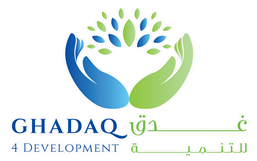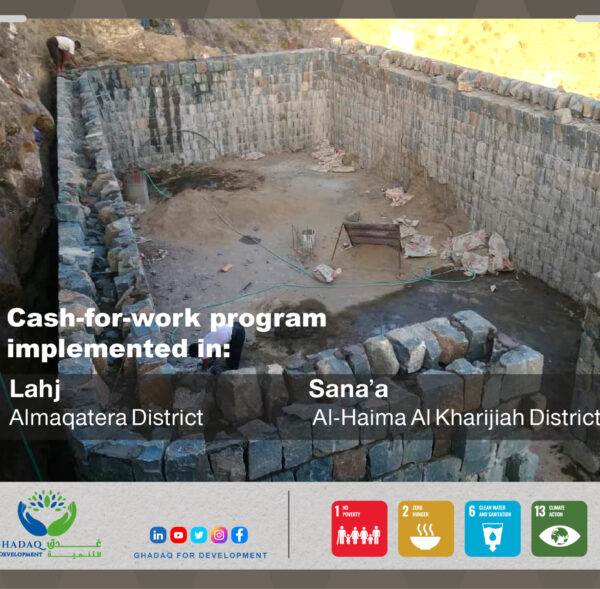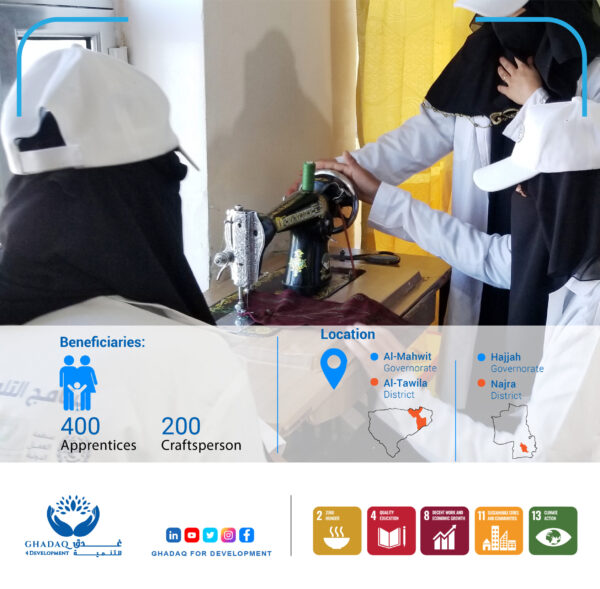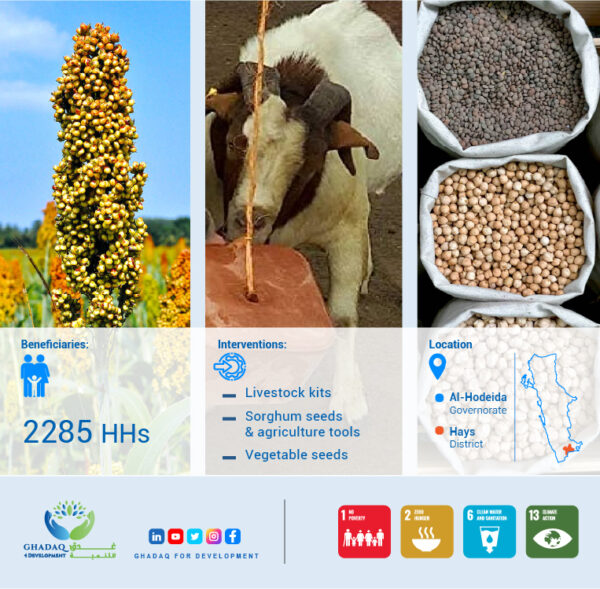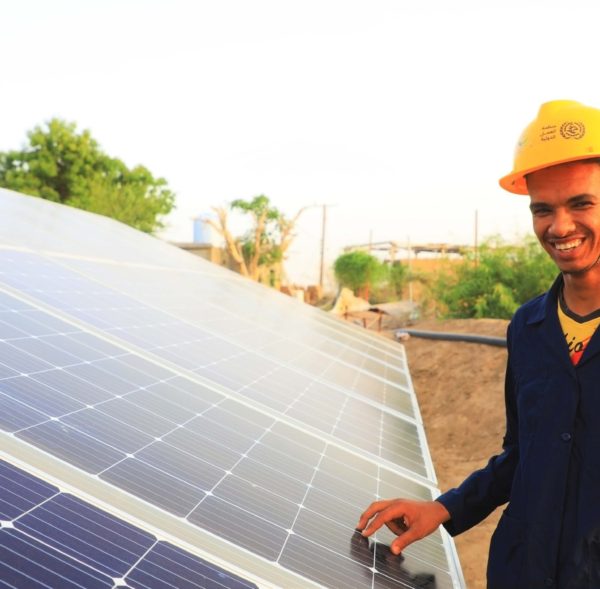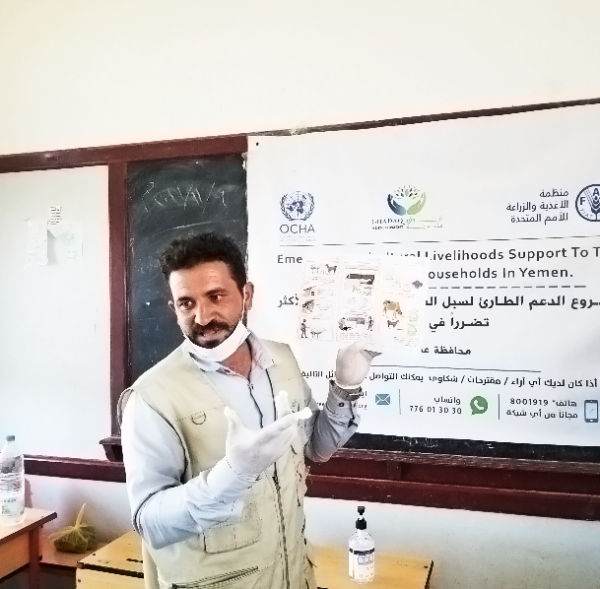
- April 17, 2022
- 11:38 am
Full title of the project:
Recipient:
Target areas:
Donor:
Implementation:
Contribution:
Project code:
Objective:
Key partners:
Beneficiaries reached:
Activities implemented:
| The Scope of Work
The Scope of Work entails implementing apprenticeship programme in seven priority occupations including Workplace Based Learning activities and improving the productivity / learning contents / working conditions for the trainees. 315 Youths (40% women) will be recruited into the programme in the occupations described in the following; Beauty therapy. Incense and perfume production. Embroidery, cloth design and dress making. Confectioneries, cakes and bread making. Solar panels installation, repair and maintenance. Mobile Maintenance. Motorcycle Maintenance Project phases: 1.Pre-training stage: Market assessment to Validate the identified occupations in the targeted areas. Selection and determination of training places (workshops) for the selected sectors according to the required criteria. Identify and selection of craftsperson according to the required criteria. Identify and selection of training centers according to the required criteria. Selection of trainers and supervisors according to the criteria. Identifying and selection of apprentices according to the criteria of CFW of WFP lists. 2. Training stage – craftsperson training: Craftsperson are trained and built to be able to impart training to the apprentices through the following training programs: Apprenticeship methodology. Occupational safety and health. competency-based training and assessment methodology. pedagogical skills. Apprentice’s training: Providing apprentices with the skills that prepare them and qualify them to integrate into the work environment before training in the field through the following training programs: Life skills. Financial literacy. Occupational safety and health. Providing the apprenticeship with professional competencies, including the practical skills and knowledge required to perform the occupation according to market needs, through: – Providing apprentices with professional competencies and practical skills in the workplace (the workshop). – Providing apprentices with theoretical knowledge and basic and complementary skills for the occupation. – Assessment of apprentices through theoretical and practical assessments to verify their performance in achieving professional competencies. – Training apprentices in entrepreneurship program, which aims to develop and raise the capabilities of trainees in the mechanisms and methodologies of owning their entrepreneurial projects by providing them with the concepts of entrepreneurship, its importance and entrepreneurial competencies. -providing apprentices with tool kits to facilitate their employment.
|
Impact:
Main outcome:
315 youths (40% Women) in the targeted area have an increased employability because of short term Workplace Based Learning.
Output 1 Curricula and methodological tools are designed and agreed, through businesses partnership in 4-7 sectors skills/economic sectors that can offer viable employment opportunities in targeted Governorate
Output 2: Capacity of 160 businesses’ master craftspersons is increased to manage Workplace
Output 3: 315 Youth are identified and selected as per criteria and trained on the job and in classroom.
Output 4: 315 youth tested, certified based on completion of the Workplace Based Learning programme and supported to get sustainable employment opportunities
Results:
Increase family income, improve sustainable livelihood opportunities, and enhance social service delivery.
Improving community livelihoods, productive assets and food security to enhance resilience and self-reliance.
Enhanced long-term food security for the selected beneficiary households.
Develop beneficiaries’ knowledge and capabilities through skills training
